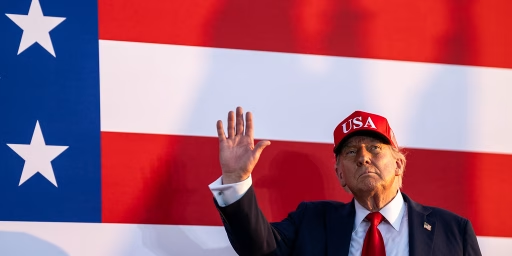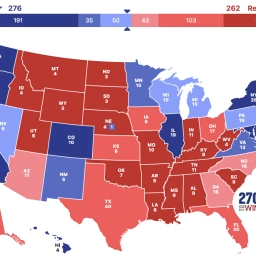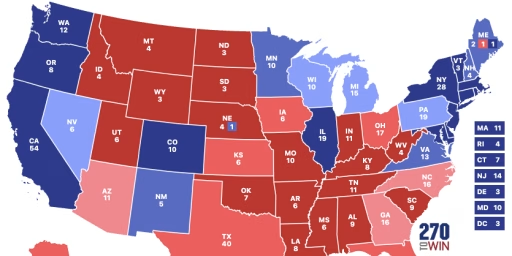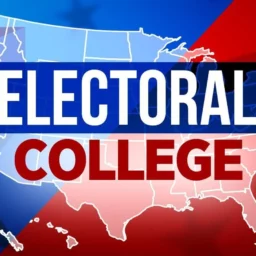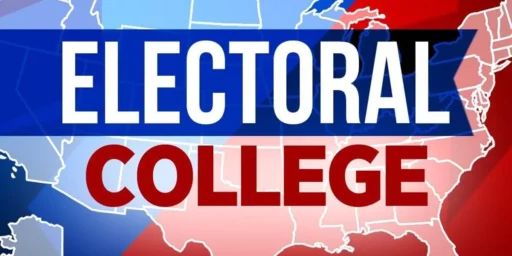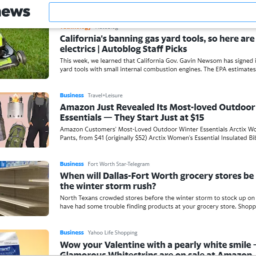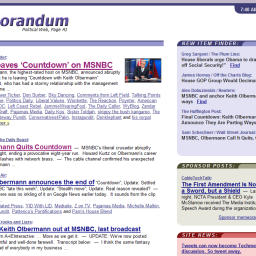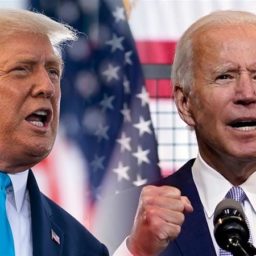

Is the Race Narrowing?
Trump has pulled ahead in some individual polls but Biden continues to have a commanding lead.


COVID Whataboutism
Should government be taking harsher measures against smoking, car crashes, and the flu?
Misogyny and Nano-Bubbles
It’s increasingly challenging to discuss media coverage because we’re all consuming a hand-selected bit of it.
Is Twitter a Breeding Ground for Thoughtlessness and Contempt?
Glenn Reynolds announced via his USA Today column that he has deleted his Twitter account.
Many Of The 2014 Polls Were Wrong, Which Is Why We Should Be Skeptical Of Individual Polls
The results of the 2014 midterms should teach us some lessons about how to handle and evaluate polling.


Battle For Senate Control Tipping Towards The GOP?
Two weeks after it seemed to be tightening, there are signs the battle for control of the Senate may be moving in the GOP’s direction.
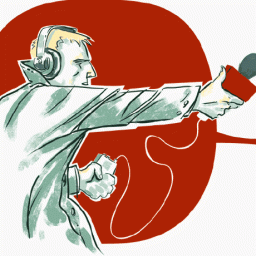
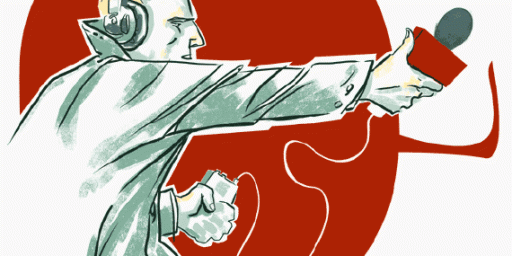
Journalists As Opposition Researchers
Jonathan Chait makes an astute observation about the media’s role in meme generation.
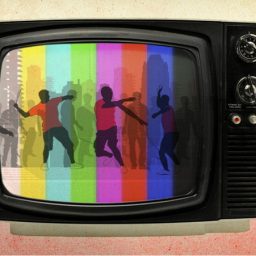
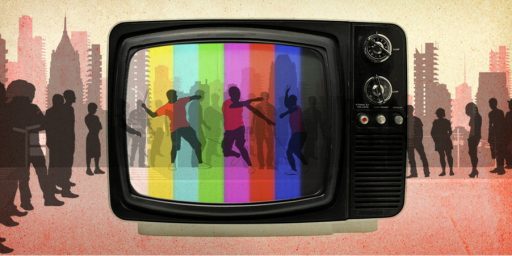
Conservative ‘Race War’ Meme
The people who gave us the “war on Christmas” are now touting an upsurge on black-on-white crime.
(Not) Breaking News: People Who Work For The Government Look At The Internet
Apparently, people who work for the government are surfing the World Wide Web.


A Futures Market In Election Results?
Could traders soon be betting on the outcome of the Presidential elections? Should they be?


Is Twitter Killing Political News?
The rapid spread of information on Twitter is challenging POLITICO’s business model.
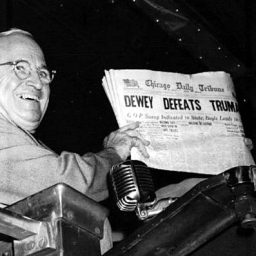
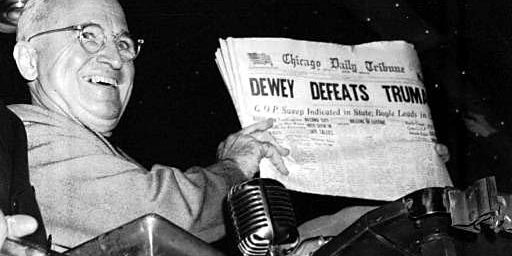
New York Times Time-Lapse Video
A video of the New York Times website from September 2010 to July 2011.
News as a Public Good
Real news reporting has never paid for itself. But the days of it being subsidized by the local car dealer are rapidly ending.


Andrew Sullivan Joins Daily Beast
While the prestige outlets of the halcyon days of the last millennium still hold some cachet for those of us old enough to remember that era, they mean next to nothing on the Web.


Search Engine Optimization Dirty Secrets
JCPenney used black hat SEO to game Google. But Google’s penalties are arguably just as bad. And what about HuffPo?

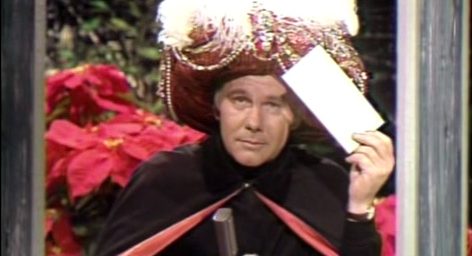
2010 Election Predictions
We’ve been talking about the 2010 elections since, oh, the day after the 2008 elections. Now, it’s time for final predictions.
Howard Fineman to HuffPo
In yet another sign of how rapidly the media landscape is changing, longtime Newsweek stalwart is leaving for the Huffington Post.


Web Ruled By Maniacs
The secret to getting big traffic on the Internet is to target bored office workers and crazy people.
Headlines as News Content
News headlines are increasingly divorced from the article content, with serious connotations for a nation of skimmers.

